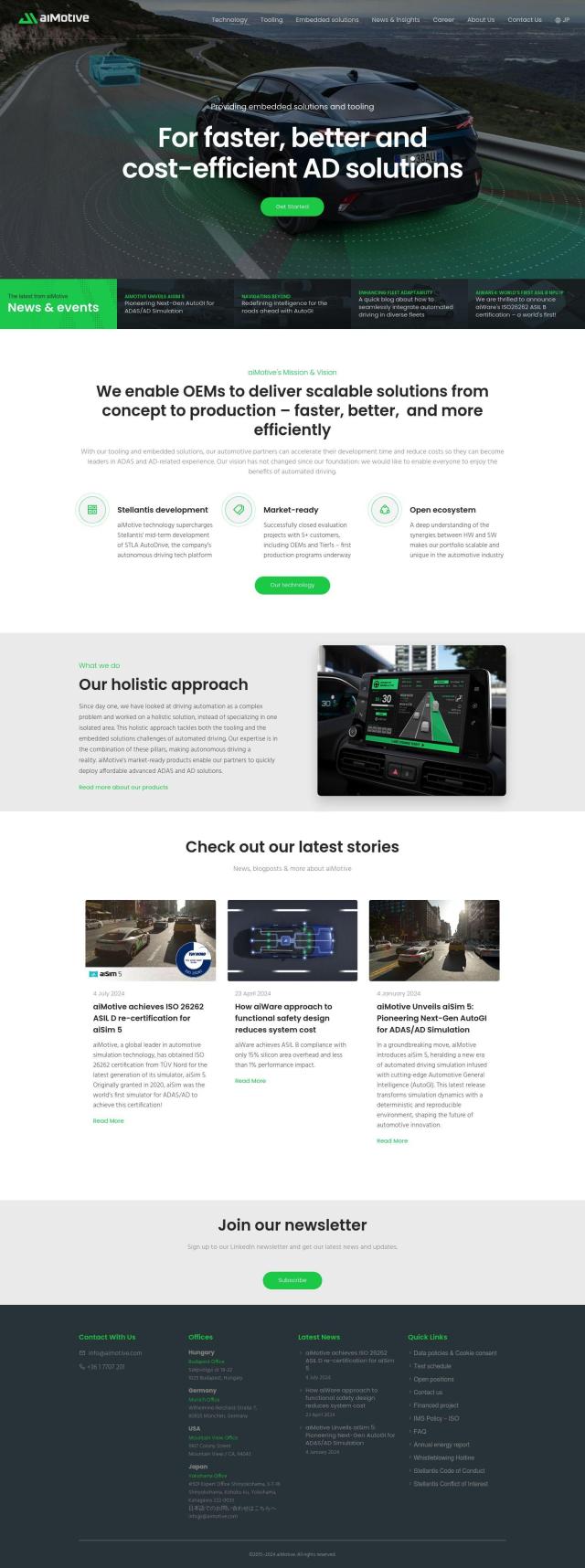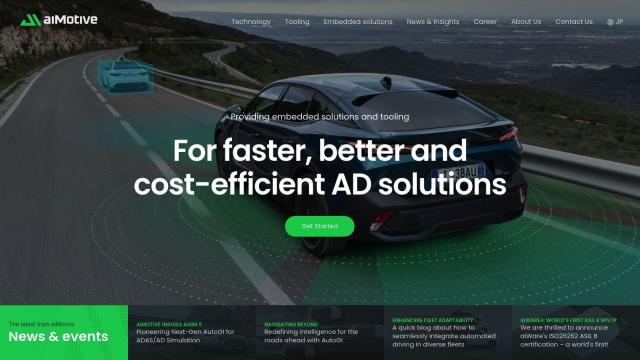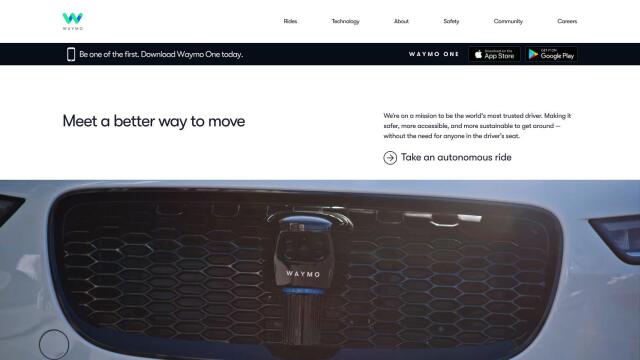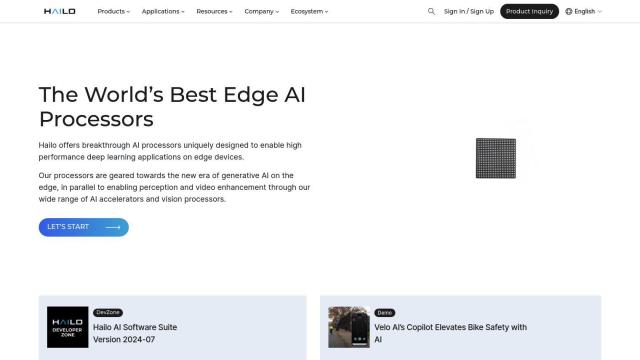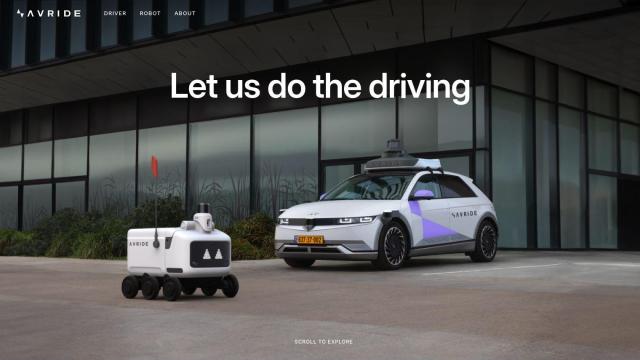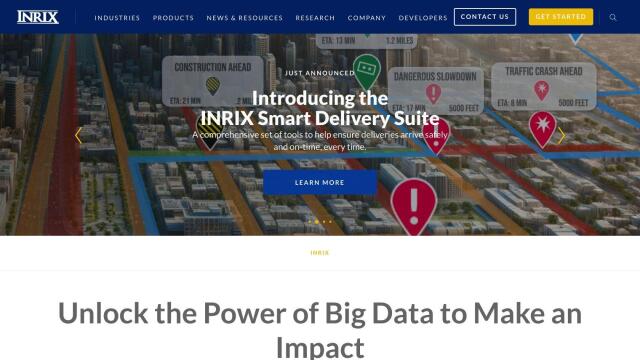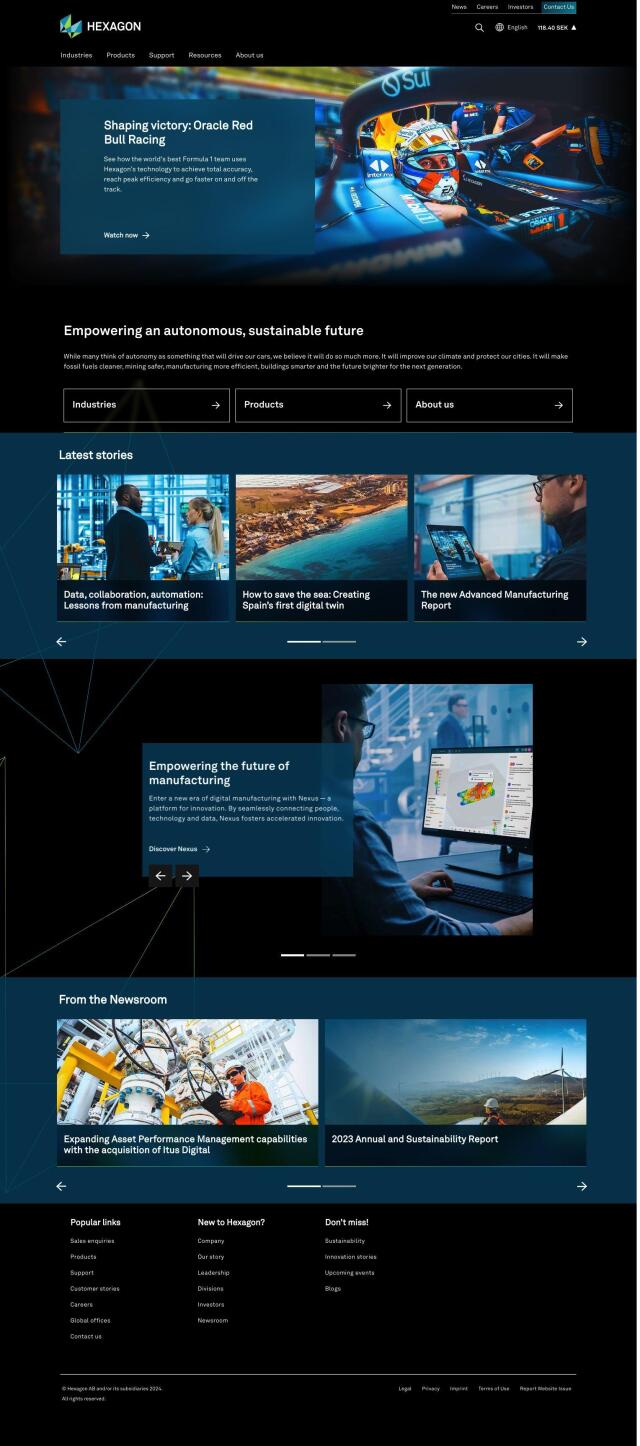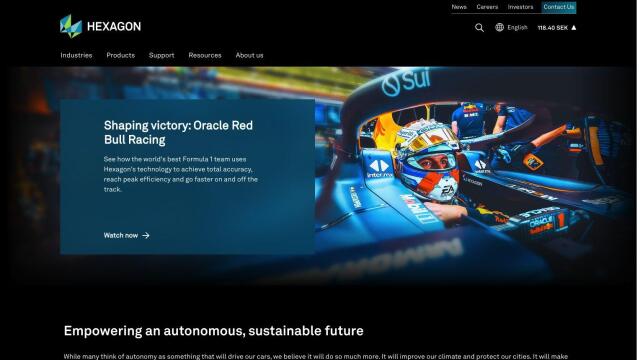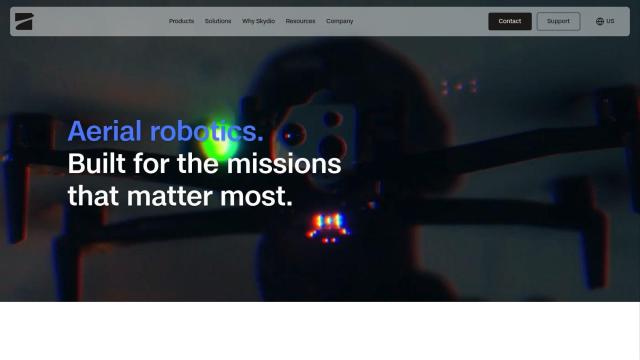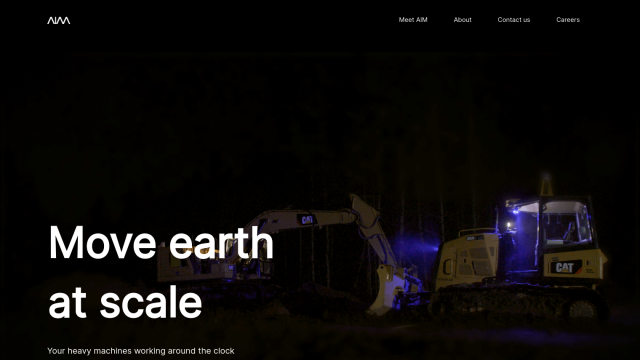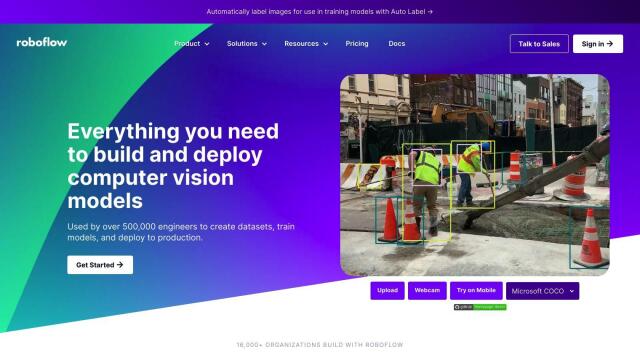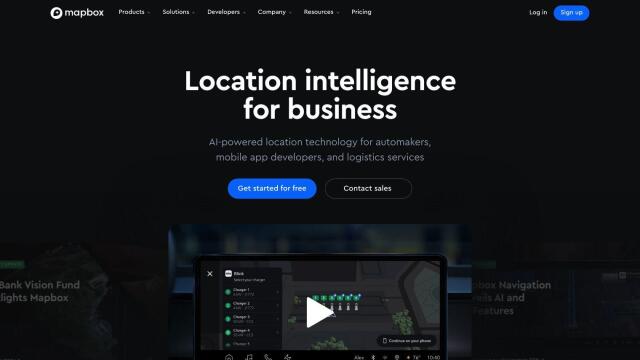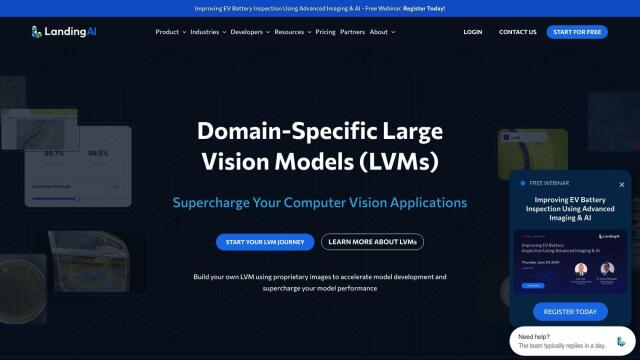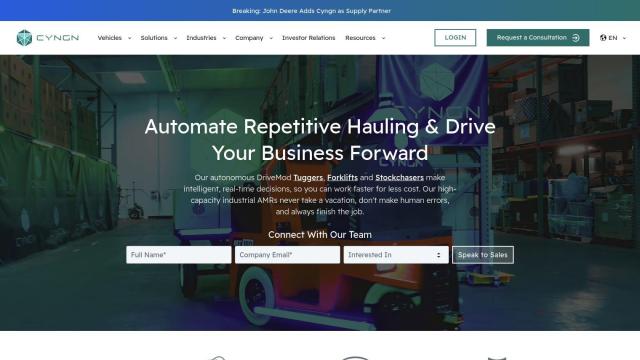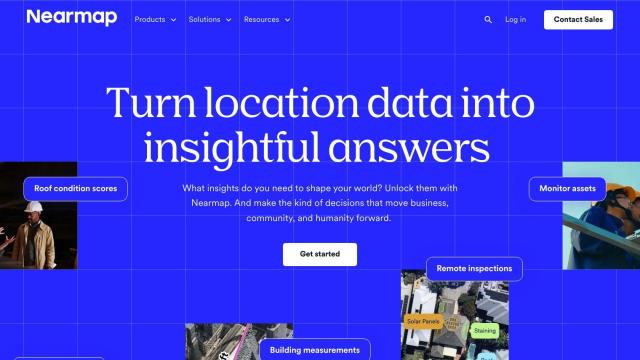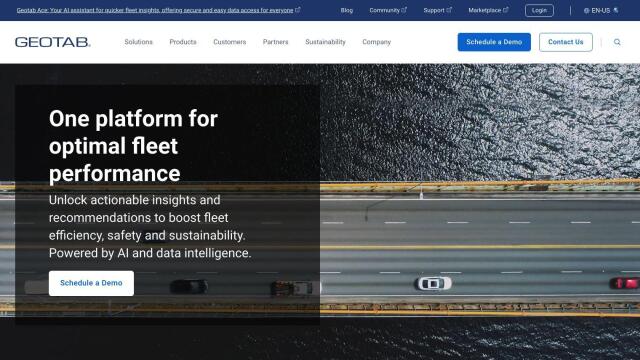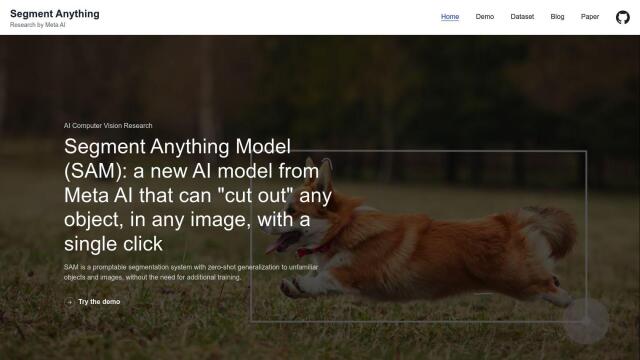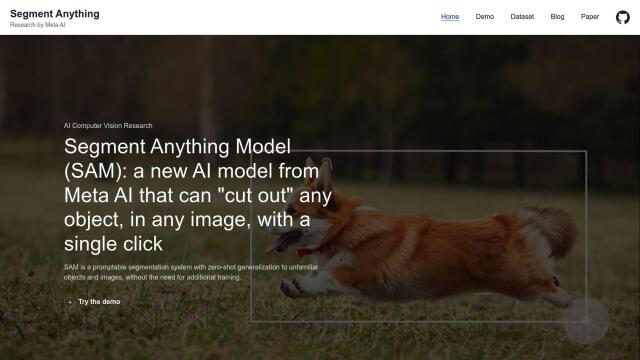Question: Is there an autonomous vehicle system that can scale to new roads and cities without requiring labeled training data or HD maps?

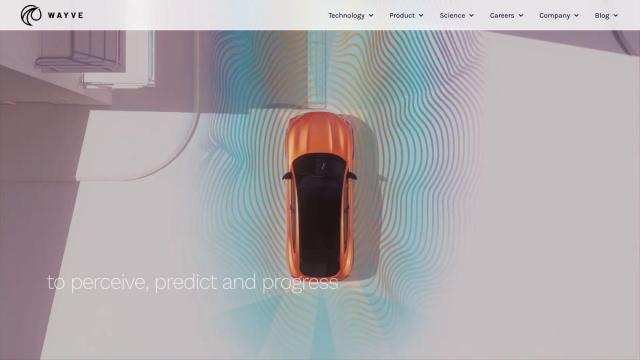
Wayve
If you're looking for an autonomous vehicle system that can scale to new roads and cities without the need for labeled training data or HD maps, Wayve could be a good fit. Its technology is based on embodied AI, which means vehicles can learn to navigate complex environments with high accuracy and reliability. Wayve's AV2.0 replaces traditional architectures with a single neural network that takes raw sensor input, which means it can handle new roads and cities. The system also supports fleet learning loops and mapless autonomy, which means it's easy to expand to new areas.

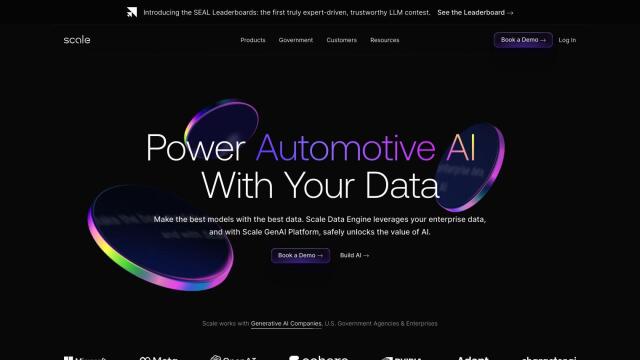
Scale
Another interesting project is Scale, which provides a variety of data products for AI tasks, including autonomous vehicles. Scale's For Automotive product is designed to support L2 to L5 autonomy without requiring a lot of labeled training data or HD maps. By providing high-quality data and efficient data labeling, Scale helps AI models learn better for complex tasks, and that's a big help for autonomous vehicles.

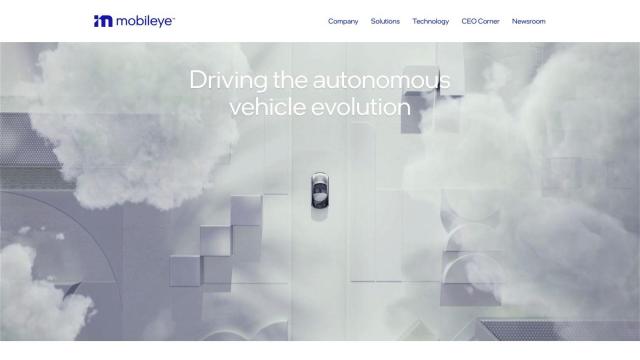
Mobileye
If you're looking for a more complete autonomous driving package, check out Mobileye. Mobileye is a full suite of automotive solutions, including driver-assist systems and end-to-end self-driving technology. Its systems are designed to be scalable and customizable, so they can be built into a variety of vehicles. Mobileye's focus on safety, performance and mass-market scalability makes it a strong option for autonomous vehicles.

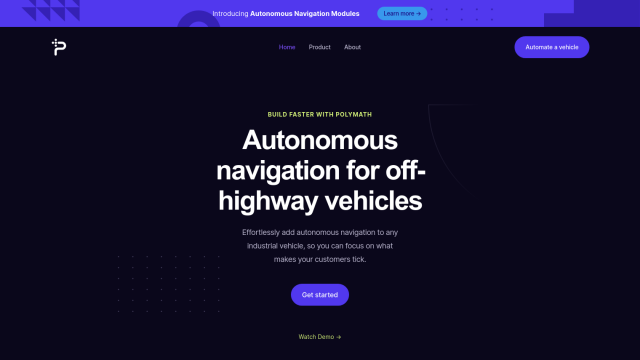
Polymath Robotics
Last, Polymath Robotics has an autonomous navigation platform for industrial off-highway vehicles. Although geared for industrial use, the platform's vehicle-agnostic design and ability to integrate with a variety of sensors means it can be used for any type of autonomous vehicle project. The platform can help simplify development, speeding up deployment and reducing maintenance costs.
